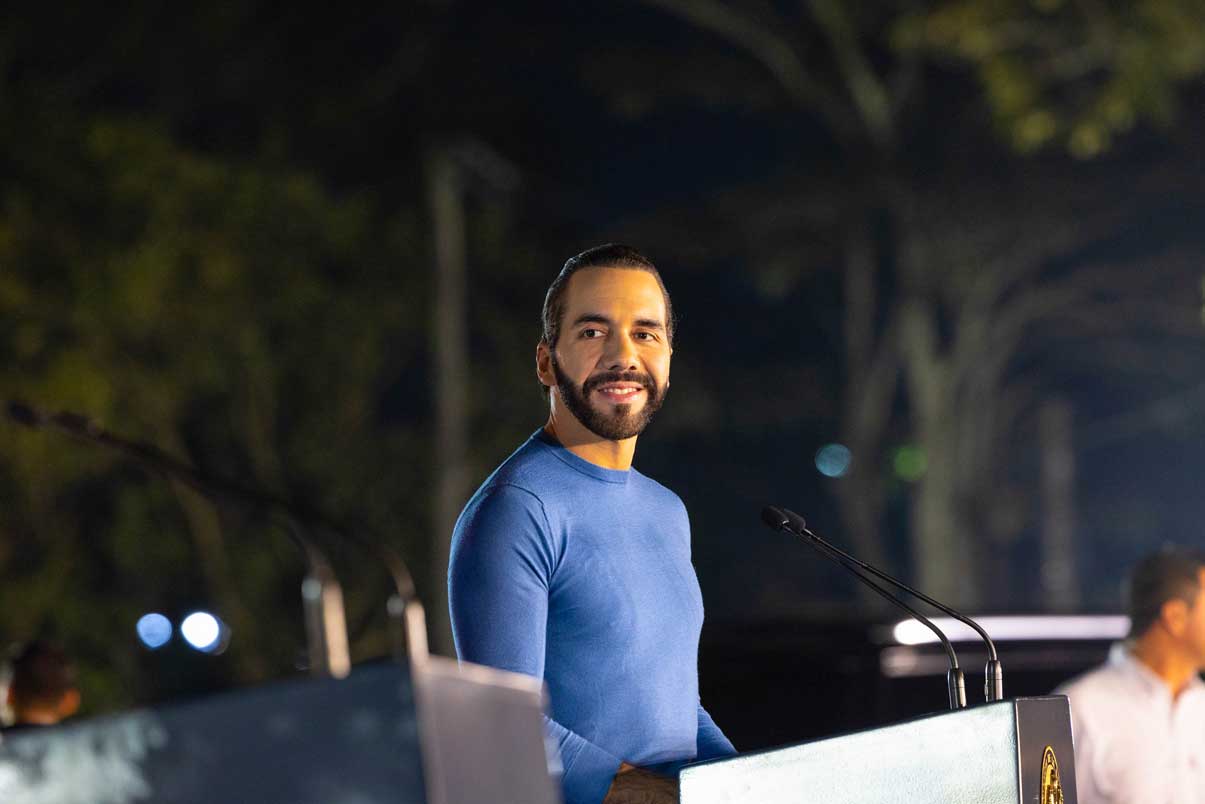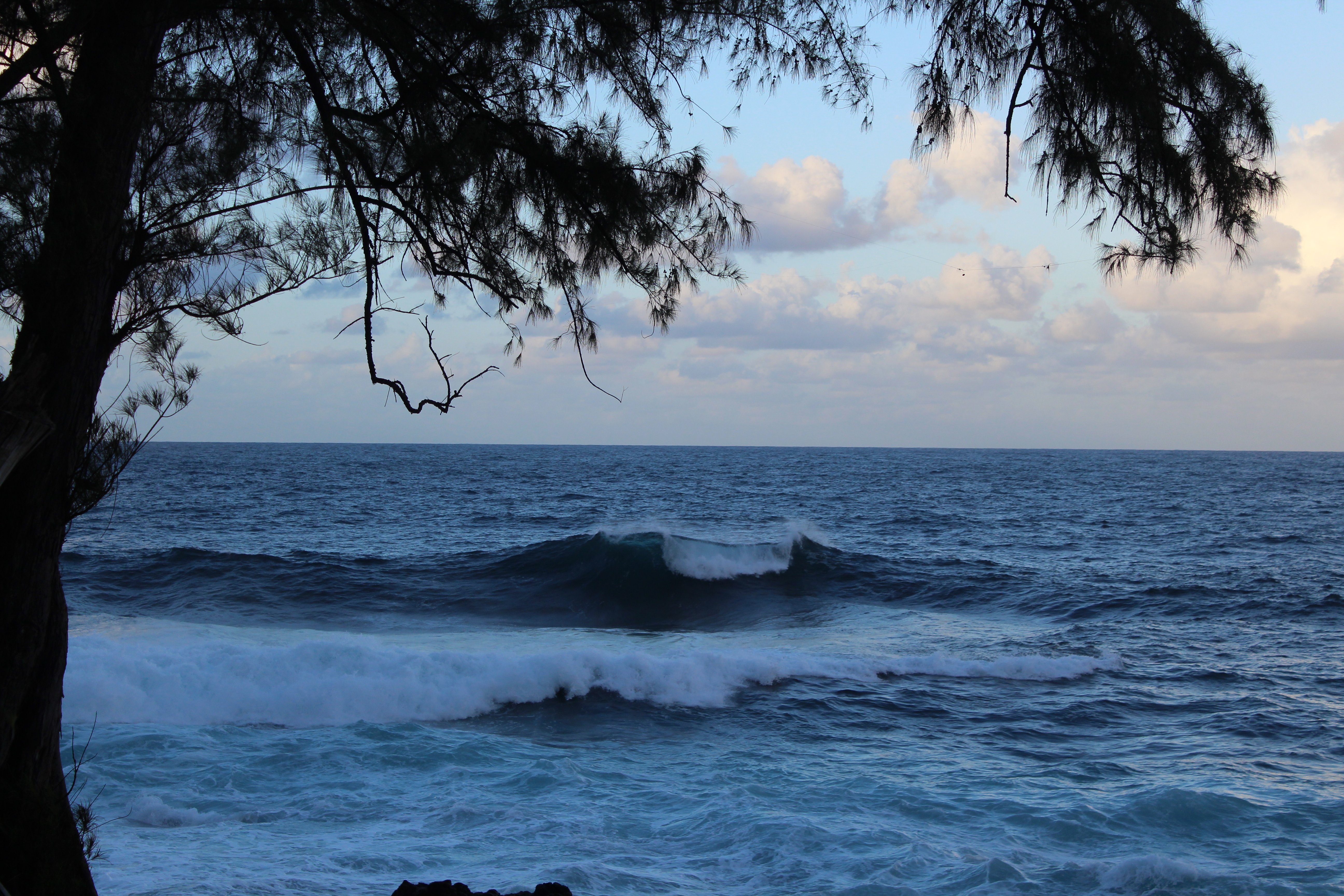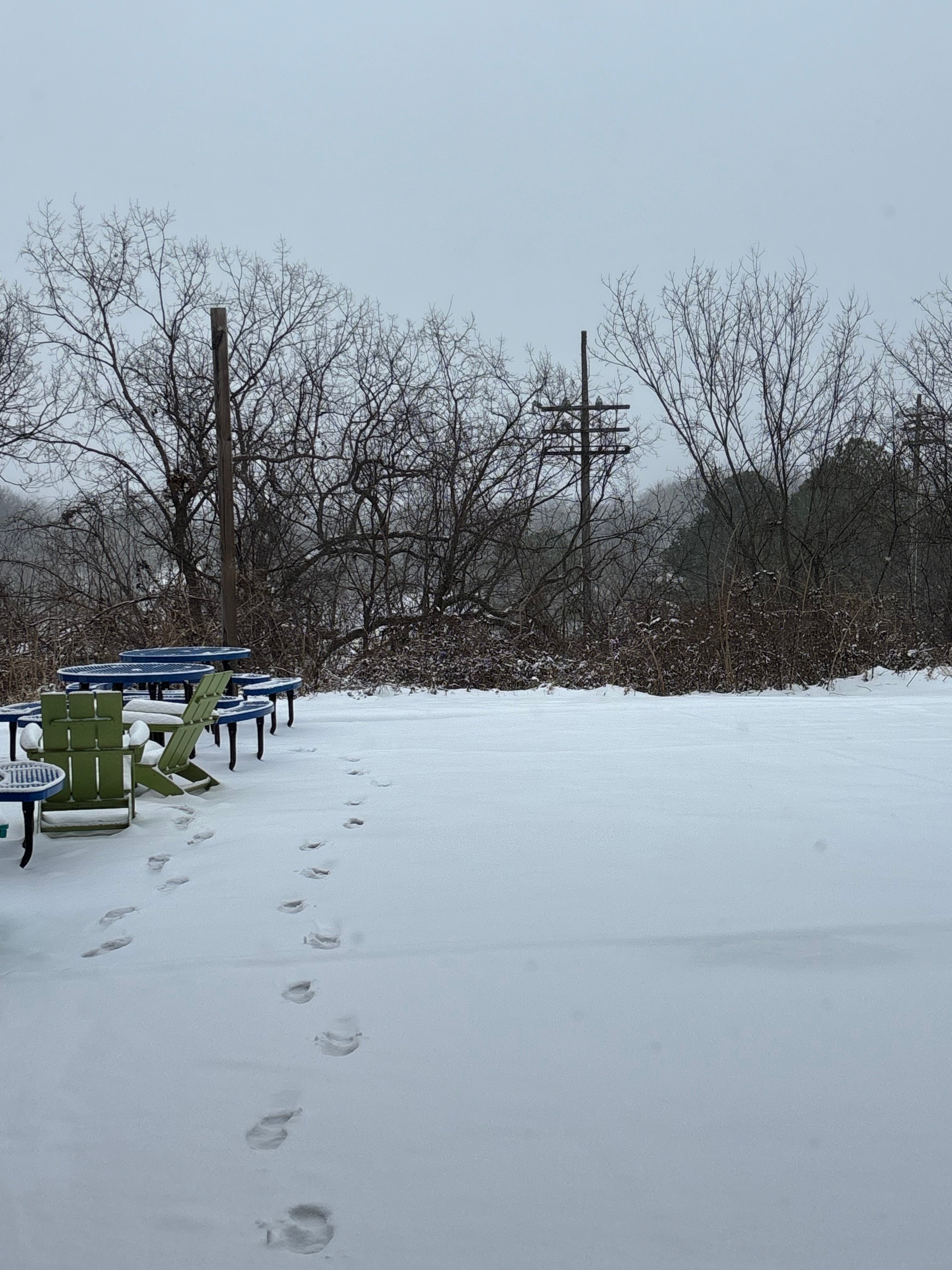![]()
Last week, President Nayib Bukele stood on the balcony of El Salvador’s National Palace celebrating the start of a second term as head of the nation. The elections, which took place on Feb. 4, revealed overwhelming support from the population, who gave him 83% of the national vote. In second place was leftist candidate Farabundo Marti, who received less than 7% of the vote. With this landslide victory, Bukele is set to stay as the undisputed, most popular president of Latin America for a second consecutive year.
Needless to say, his victory has been highly controversial. Bukele’s Nuevas Ideas Party also achieved a historic absolutive majority in the National Assembly, but votes are being currently recounted for possible mistakes. Moreover, critics accuse the 42-year-old leader of bypassing the Salvadorean Constitution, which technically limits presidents to no more than 5 years of service. Bukele, who has served as President of El Salvador since June 2019, is now the first person to be reelected in the country since 1939, raising concerns over his breach of power. Even so, Bukele’s massive popularity and positive results in the country have effectively made him the exception.
El Salvador, previously known as the most violent country in the world, is now one of the three safest regions of Latin America thanks to the president’s reforms. Most notable among these is Bukele’s Territorial Control Plan, which successfully cracked down on gangs in a matter of only three years. In 2023, homicides in El Salvador dropped by more than 70%, representing an unprecedented success in the nation’s troublesome history.
Xavi Maldonado, one of the Sophomore Senators for the Student Government Association at John Brown University, described his most recent trip back home this last December.
“The change was amazing… never had I felt the security of going outside and visiting other places,” Maldonado said.
Juan Rodriguez, the Dean of Residence Life at JBU, felt similar changes when he returned to the country.
“Those changes are real. I was in El Salvador last summer, and for the first time in my almost forty years, I was able to go to the San Salvador historic downtown without the fear of being mugged,” Rodriguez said.
Security has not been the only factor improved by Bukele. His government was one of the best at managing the COVID-19 Pandemic in Central America. And for the first time in decades, El Salvador has become the center of multiple international events. Last year, the tiny nation hosted the XXIV Central American and Caribbean Games, as well as the famous beauty contest, Miss Universe. Students are now given computers and other educational resources by the government, and Bukele inaugurated the remodeled National Library of El Salvador last November.
“These types of events elevate the recognition of El Salvador across the world. Without the Territorial Control Plan, I think it would have been impossible to achieve all of this,” Maldonado said.
Ultimately, Bukele surprised global leaders last week by openly giving God the glory for the success of his first term.
“God wished to heal our country, and He did it. We have to give God the glory. Because what are we all, but instruments of God? We respect all religions… but let us believe in God and let us give Him the glory if we want to”, Bukele said.
There is still concern from some Salvadoreans over the centralization of power by the president. In 2021, Bukele amusingly described himself as “the world’s coolest dictator” on Twitter. Others worry over claims of human rights violations with prisoners, as well as the prolonged use of the military. “I would like to see small programs of social reinsertion. I understand the people’s resentment toward the gangs, but at the end of the day, we are all humans. The bad administration of the state does concern me. But after all, there were elections, and the other candidates had no comparison. And if he is reelected, let’s make it count,” Maldonado concluded.
Photo courtesy of Gobierno de El Salvador/ Oficial.





